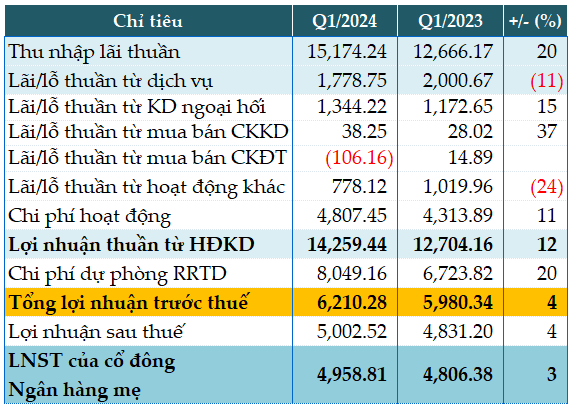What is a term deposit under 3 months?
A term deposit is a form of savings where customers choose to deposit their money for a specific period of time and earn a fixed interest rate.
Upon maturity, customers will receive the full interest rate on their deposit. If they withdraw before the maturity date, they will only receive the interest rate equivalent to an open term deposit. On the other hand, if customers do not come to settle the account by the maturity date, the interest earned will be added to the principal and undergo another term deposit. The interest rate for the renewed term will be the same as the rate when the deposit was made.
For term deposits of 1-3 months, it is a short-term and flexible option suitable for individuals who frequently need to use and rotate their capital. The interest rate for a 1-month term deposit is higher than that of an open term deposit, up to 4.3% per year.

Illustrative image
Should you deposit for less than 3 months?
According to financial experts, to accurately answer the question of how long the term deposit is reasonable and beneficial, customers need to base it on their needs and choose the appropriate term.
If customers need to mobilize capital quickly and urgently for investment or business, they should deposit a term less than 3 months to flexibly use their capital. At that time, they not only earn savings interest but also have convenient access to the funds. In this case, a 1-month term deposit is the most suitable option. The reason is that most banks currently apply the same interest rate for 1-3 month terms. Therefore, after one month, customers can withdraw both interest and principal and decide whether to continue depositing or not.
On the contrary, if the funds are certain not to be used for a while, customers should deposit a long-term term deposit at banks to receive the highest interest rate. If they do not need to use the funds for 6-7 months, they should deposit for a 6-month term. If there is no need for the savings in the next year, they should deposit for a 12-month term.
According to research and analysis by financial experts, as bank interest rates become more competitive, long-term term deposits yield higher benefits. Therefore, if all conditions are met, it is advisable to choose a long-term term deposit to enjoy a high-interest rate promotion.









































